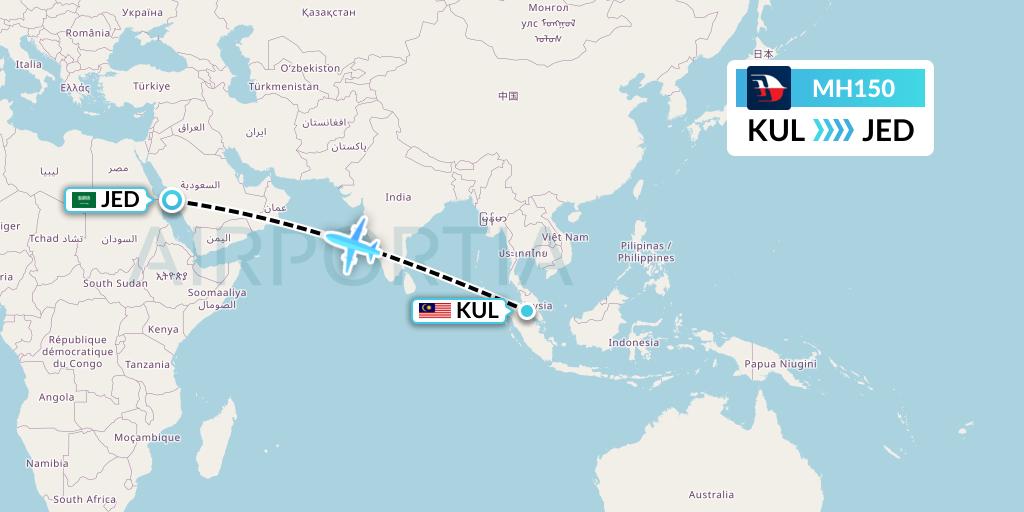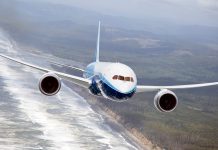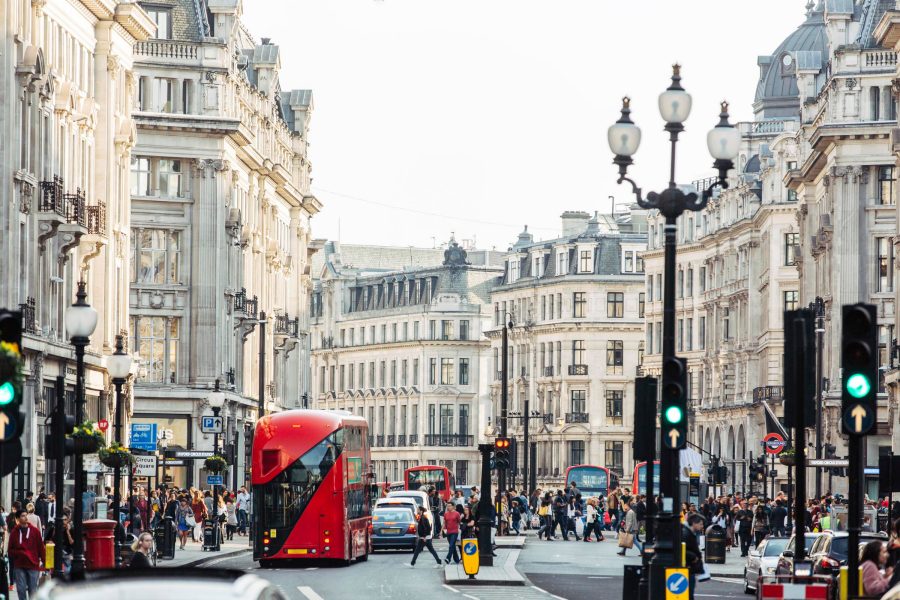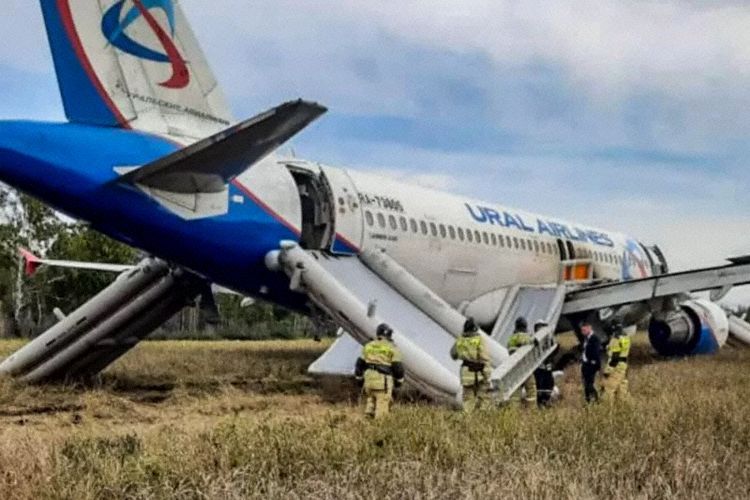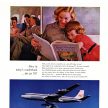“My mind clicks on and off. I try letting one eyelid close at a time while I prop the other with my will. But the effect is too much, sleep is winning, my whole body argues dully that nothing, nothing life can attain is quite so desirable as sleep. My mind is losing resolution and control.”
The famous words from Charles Lindbergh about his historic 1927 solo transatlantic flight are not quite the lament of today’s low cost airline pilot but evidence is mounting that the significant increase in work and life stressors combined with gruelling work schedule is turning flying into a repetitive chore for many.
The mental state of pilots has been brought into sharp focus after Andreas Lubitz programmed his Germanwings A320 to fly into the French Alps on March 24 killing 150.
Interviewing three pilots with similar careers paths for this article was sobering, if not troubling, and possibly a reflection of Peter Finch in the 1976 film Network playing news anchor Howard Beale imploring viewers to go to their windows and yell “I am as mad as hell! I can’t take this anymore.”
The performance won Finch a best actor Oscar – but are pilots acting up?
Well not according to a 2008 NASA report The Effects of Life Stress on Pilot Performance authored by James Young which cites Bowles, Ursin, and Picano (2000) who found that “stress researchers have recognized that the pilot has one of the most stressful jobs.”

Are our pilots too stressed?
Career Cast ranks being a pilot as the fourth most stressful job behind fire fighters, enlisted personnel and Military Generals.
And adding to that increased stress is life stressors with research showing that the general population feel twice as stressed as just 30 years ago.
There is no doubt from AirlineRatings.com research that pilots, particularly of low cost airlines, are very stressed and even depressed about their lot with one saying literally “I can’t take this anymore.”
The three pilots selected are from across the globe and have worked in many countries.
All are well known to the author and selected for their moderate, even retiring views on the workplace. All have come from legacy carriers and through airline bankruptcy and layoffs have found themselves working on the other side of the railway tracks with low cost airlines (LCCs).
Captain Russell James (all pilot names have been changed) cites something as simple as getting to work as a stressor. “When I first started flying we would drive up to a car park beside the terminal, sign in and just walk out to the plane. Now our staff car park is 10km away and we get a shuttle bus through the traffic and then face the security lines – sure these are little things but we do it every day!”
But these are actually not little things, as a 2005 study at Heathrow found. The study found that travellers passing through Heathrow suffered higher stress levels than fighter pilots, Formula One racing drivers, parachutists and riot police.
The study was conducted by Dr David Lewis, a director of research at Neuroco, an international market research organization. Dr Lewis, a noted expert on physiological stress levels, introduced the phrase road rage. During the study, four passengers had chest monitors fitted to record increases in heart rate, pressure pads attached to their arms to monitor changes in blood pressure and sensors attached to their finger-tips to measure changes in physiological stress. The results showed that the level of stress they felt in the airport peaked at four times, but otherwise stayed at a sustained level for longer than that experienced by the riot police, fighter pilots, Formula One racing drivers and parachutists.
Dr Lewis warned that “passengers are in danger of developing tachycardia (the rapid beating of the heart) that can at times prove fatal.” Within minutes of the subjects entering Terminal 4, heart rates increased from healthy levels of 55 beats per minute to more than 70 beats per minute. Rates continued to rise with some recording more than 200 beats a minute – up to four times the resting heart rate of a healthy human. What makes this test both fascinating and disturbing is that the test subjects were all young and healthy. And pilots have to go through this hassle three or four times week!
Working harder
Captain James noted that LCC pilots are working far harder than legacy pilots. “We fly 1,000 hours a year, 10 per cent higher than legacy pilots. But it is more than that, far more. We have tight turn times, 30 minutes or less and there is not time to relax and chat, perhaps stretch the legs and even go for a short walk. The legacy carriers with more frills to load such as catering have turn times of 45 to 50 minutes. Those extra minutes make a big difference.
And those longer times give flexibility to catch up on the schedule if it’s behind – which it often is.”
Captain James adds that with more congestion at airports “it’s very challenging to keep to schedule.”
Professor Najm Meshkati, Viterbi School of Engineering and Aviation Safety and Security Program at the University of Southern California, warns that the “just-in-time philosophy is a major stressor” on pilots as well as the travelling public. And one of the LCC passengers’ major gripes is lack of staff at airports. This leads to a chaotic situation during a schedule disrupt and is a significant stress for pilots.
“In LCCs there are far fewer support structures when things go wrong,” said Captain James. “At legacy carriers there is an excellent team around you but at LCCs there is virtually no staff to recover a breakdown. It is taking all the fun out of the job. I have younger colleagues in their 30s saying ‘I can’t keep doing this.’”
And there is no fun staying in cheap hotels either, said Captain James. “One place we stay at is right beside a railway line and we can’t sleep. I would never book my family into a hotel like the ones we stay at.”
Additional stress points are weather and airspace congestion, according to Captain Lyndon Wells. “It used to be easy but airspace congestion has increased dramatically and on the flip side landing at remote airports in uncontrolled airspace is no fun.” Captain Wells threw in a position with a major Middle East airline because he was sick of the stresses of transiting congested European and North Atlantic airspace.
“Used to be fun…now a stressful chore” was how Captain Wells summed up EU airspace. “The congestion – particular in summer can be a nightmare. I really, really loved my job and now it’s got hard.” The answer for Captain Wells was a lower paid job with a long haul LCC in another – less congested – part of the world.

Airpsace congestion is on the increase.
Adding to the stress of flying is the increasingly bad weather and it is getting worse, say the experts. “Rising concentrations of heat-trapping greenhouse gasses are changing our climate,” Michel Jarraud, Secretary-General of the United Nations’ World Meteorological Organization told AirlineRatings.com. “Implications are far reaching, and in some instances, immediate.”

Thunderstorms forming over Borneo.
Already impacted by wild weather, according to the WMO’s report The Global Climate 2001 – 2010, A Decade of Extremes, are places such as Eastern Europe, India, Africa and Australia.
Dr. Michael Bennett, a teacher and researcher at the Centre for Aviation Transport and the Environment in the United Kingdom postulated to AirlineRatings.com that “how all of this will play out for airlines, airports and the flyers depends upon them. I’d be very cautious about any detailed [metric] modelling of these sorts of changes…The only thing we can predict is there are going to be some nasty surprises out there. Surprises such as stronger and more frequent thunderstorms, the kind that trigger severe turbulence. Expect such storms to become more frequent and more violent,” Bennett said. “There’s more energy there; there’s more latent heat.”
Professor Meshkati added that deteriorating and changing global weather is just another factor to heap on the pile of stressors that are mounting up for pilots.
When is easier harder?
And Professor Meshkati adds a real twist in the examination of stressors on pilots noting that automation, the very thing that is supposedly making their life easier, is leading to increased stress. “Automation in the cockpit that has reduced some workload for pilots has a dark side in that it is contributing to feeling a lack of autonomy which could be a source of stress,” said Meshkati.
Meshkati warns that combined with dissatisfaction with management decisions, particularly in the LCC space, this turns pilots into glorified process monitors (workers), who are engaged in relatively routine jobs. He also cites a major study by the World Health Organization that identified four more major stressors in this context: responsibility for people; lack of job security; job future ambiguity; and, dissatisfaction with pay.
He cites another example of mental stress. He cites another example of chronic occupational stress. “A sonar operator on a submarine or warship has a simple (but not easy) job – listen for a torpedo over the background noise – but the responsibility is high and outcome is critical; saving the ship and this gives the operators a sense of fulfilment or gratification which is the direct result of task performance. On aircraft with all the increased levels of automation and routineness, the gratification and its consequential satisfaction is harder to achieve and reduced.”
Meshkati, cited his late former professor, Michael J. Driver, who was a renowned expert in human information processing research and who referenced the Environmental Load (pressure) on pilots. According to Driver’s seminal work, Environmental Load is defined as the sum of the effects of four basic factors: information complexity (e.g., information load, time pressure); Noxity or negative input (e.g., threat); Eucity of positive input (e.g., support from others); and, uncertainty.
In the LCC space Meshkati suggests that Environmental Load would be high on pilots, which of course is moderated by the individual differences factors and persons’ coping abilities. So while the industry in general and airline management in particular is touting automation as making pilots’ lives easier, in fact it may be contributing to a significant increase in stress because it is taking away the very positive influence of being relevant.
Life is harder!
According to Melbourne, Australia based psychologist Sally-Anne McCormack “generally we have more everyday stressors now than in the 60s. Yes, we have appliances to do jobs for us, but the presence of email and mobile phones in our lives means boundaries between work and home are blurred [so] it’s difficult to truly relax.” Speaking with website Body & Soul, McCormack said “today’s stress problem is definitely a big issue.”
Body & Soul also reported that according to The Prospective Population Study of Women in 1969, 36 per cent of women reported being stressed, but 40 years later that figure has more than doubled to 75 per cent.
And debt has become a major stressor. In 1969 household debt in Australia for instance was just five per cent but in 2009 it had risen to one of the highest rates of debt in the world claims Body & Soul with Australians owing $130 for every $100 they earn.
And the money factor resonates with pilots. Captain James notes that since 1999 his salary has not only declined in real terms but related to average weekly earnings it has halved. In the US airline pilots have suffered a 40 per cent pay cut since 9/11 with every major legacy carrier entering Chapter 11 and renegotiating salaries. “Money is one of the leading causes of stress,” McCormack said. “Working to fuel materialistic lifestyles is extremely pressurised.”
In its third annual survey, the Australian Psychological Society representing more than 21,000 members around Australia found that in 2013, Australians reported significantly lower levels of wellbeing compared with findings in 2012 and 2011.
The survey found that almost one in seven Australians reported depressive symptoms in the severe to extremely severe range and more than one in ten reported anxiety symptoms in the severe to extremely severe range. The study found that financial issues remain the leading cause of stress amongst Australians with more than half of Australians identifying finances as a cause of stress and almost one in four Australians reporting mental health issues as a source of stress, up slightly from last year.
It is the same story in the US with small pay cheques and long commutes delivering a one-two punch to American workers, as eight in 10 employed adults say they are stressed out on the job, according to data from the 2014 Work Stress Survey conducted by Nielsen on behalf of Everest College. The survey of employed adults found that 80 percent are stressed by at least one thing at work.
For the fourth consecutive year, paltry pay cheques” were a top stressor, with 13 percent of adults ranking low wages as the most stressful aspect of work.
“When it comes to stress at the workplace, low pay and a long commute is a double whammy for American workers, especially for those who are experiencing both at the same time,” said Wendy Cullen, vice president of employer development for Everest College.
And long commutes are also key stressors with pilots with many having to fly to work from other cities so they can live with their families. Whereas once a pilot’s job was one for life, the seemingly endless airline bankruptcies have turned that notion into a tailspin says Captain Don Lindsay a former 747 captain now flying short haul A320s for an LCC. “Our family life has been devastated with far more time away from home. Many pilots have been forced to go overseas to get work or are on short term contracts. Others have long commutes to keep the family structure in place but harsh rosters, particularly with LCCs, making the commute very difficult and adding more stress.”
A survey by the Airline Pilots Association (BALPA) found that 93 per cent of respondents indicated that they thought negative life events could affect pilot performance.
Reporting Stress
The reality is nothing stresses a pilot more than reporting they are stressed!
According to Young (2008), “for the typical pilot there is no greater fear than losing flying status. Aviators understand that even when medical issues are not likely to be exacerbated by flight, medical personnel are required to consider the degree to which the pilot‘s performance may be compromised by the symptoms of the particular ailment.” Compounding the problem Young found that the fact that pilots are unlikely to report stress symptoms makes the life stress–performance relationship even more difficult to investigate.
Young’s report found that this underreporting occurs for at least two reasons: it is possible that pilots are not fully aware of the effect that stress has on them; and even when they are aware of these effects, a variety of internal and external pressures make it less likely that a pilot will report or seek help for symptoms (e.g., due to fear of losing face in the eyes of other pilots, of being perceived as less reliable or of being removed from flight status). They are often counselled by colleagues to avoid mental health care at all costs.
One pilot (Hamilton 2005) said that “aviators are notorious for avoiding flight surgeons and would disavow the very existence of mental health professionals if given the opportunity. Both occupations (flight surgeons and mental health professionals) represent a threat to a pilot‘s flying status.”
Of great concern, a number of research papers have found that those pilots experiencing life-stressors may be more liable to commit errors because they are likely to be thinking about the stressor rather than devoting all of their cognitive resources to the task at hand. A senior U.S. Air Force flight surgeon (Neubauer, 1999) suggests that, while pilots may have some ability to keep life-stressors from entering the cockpit and interfering with performance, each also has a level of stress or a specific stressor that is likely to significantly interfere with this ability to compartmentalise.
A fascinating study done by Parsa and Kapadia (1997) attempted to document the occurrence of symptoms of excessive stress by surveying a group of U.S. Air Force fighter pilots from five squadrons, four of which were stationed at bases out of which combat operations were being conducted. The fifth squadron was a composite of pilots from two stateside bases who were not involved in combat missions at the time of the survey. The study came up with disturbing results. For example of 57 fighter pilots, 89 per cent reported insomnia, 86 per cent irritability, 63 per cent reported dissatisfaction, 61 per cent fatigue, 58 per cent self-accusation, 47 per cent work difficulty, 38 per cent pessimism, 38 per cent guilt, and 35 per cent loss of libido. But there was a fascinating twist. The results were no different between the pilots in combat and those stateside! And disturbingly the results indicate low levels of depression.
And depressed is how Captain Lindsay typifies the mood of pilots with LCCs. “Pilots are saying they are burnt out. I hear guys saying ‘I don’t care anymore. I don’t care if I take too much fuel; I don’t care if I am running late – I am over it.’” Captain Lindsay however adds “our professionalism is what keeps us going but is the price our sanity?”
Delays and time pressures are becoming the norm
Prof Meshkati, who has been teaching and conducting research on human factors in aviation safety for last 25 years at the world renowned, USC Aviation Safety and Security Program, after reviewing an early draft of this article opined that it be considered as “a bold and unprecedented pilot study of pilot stress.
He also notes that different people handle stress differently and some “better” than others, but we need to minimise the amount of stress pilots are subjected to. “And there is a wide variation in conditions and workload at LCCs,” said Professor Meshkati.
The final words go to famous US writer and producer Jane Wagner who said; “Reality is the leading cause of stress amongst those in touch with it.”
The “reality” is that being a pilot is one of the most stressful jobs, most LCCs are under time stress, the industry is constantly under financial stress and life is far more stressful. Not a good cocktail.
Which begs the question has the inexorable drive for lower and lower fares gone too far?


